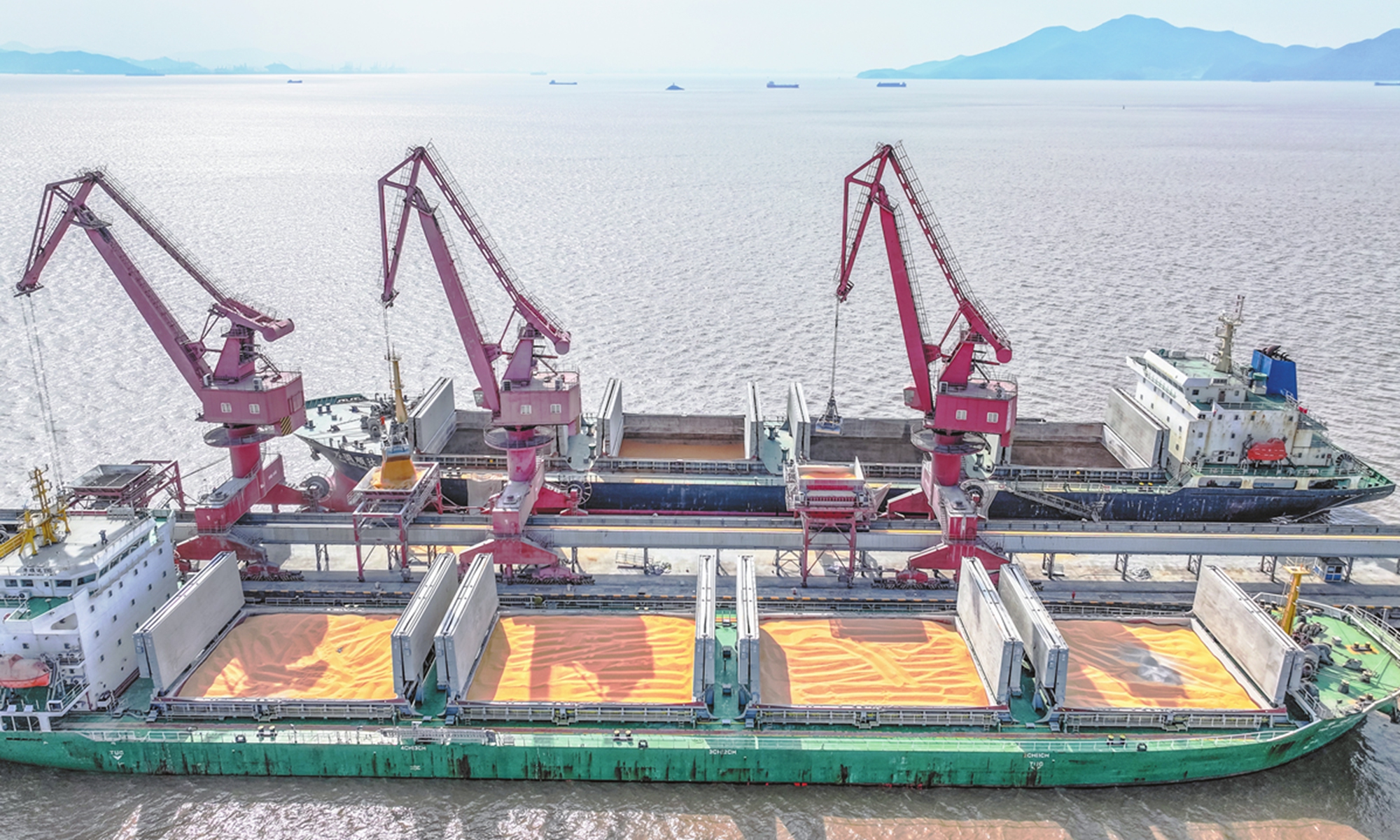Strategic Buybacks in Volatile Markets and Governance

Amidst a backdrop of fluctuating market conditions, the recent stable share buyback activities conducted by the company from August 18 to 20, 2025, underscore an intriguing evolution in corporate financial strategies. With a reported repurchase of 1,050,000 shares at prices oscillating between 0.8651 HKD and 0.89 HKD, this initiative reflects a calculated effort to bolster shareholder value in a time where volatility could easily unnerve market confidence. Evaluating such actions highlights a trend where companies are increasingly looking to manage their capital structures proactively, a tactic often employed during periods of uncertainty to assuage investor fears and signal confidence in future earnings potential.
However, the compliance structure within which this buyback transpires begs examination. The recent activities were fully sanctioned by the Board of Directors, adhering to listing rules and legal prerequisites. This not only reinforces corporate governance but also enhances investor confidence in the strategic use of resources. Notably, the total cost of 132,000 HKD for the repurchased shares, along with the impending cancellation of some shares from treasury stock, suggests an astute focus on optimizing shareholding. Such measures align with the corporate goal to improve deficit EBITDA margins by reducing the number of outstanding shares, thereby potentially elevating earnings per share in the longer term.
Nonetheless, this situation poses questions about the underlying market dynamics that could shape the effectiveness of this strategy. The absence of contextual data regarding broader market conditions raises the concern that regulatory risks coupled with potential shifts in macroeconomic indicators, such as GDP growth rates or consumer price index variations, could undermine the anticipated benefits of the buybacks if market conditions turn sour. Will the buyback program serve as a defensive maneuver against an impending slowdown, or might it unknowingly misallocate capital that could be better spent elsewhere, particularly in innovation or growth initiatives? Future compliance with any new regulatory frameworks introduced by the Hong Kong Stock Exchange remains another critical factor that could influence operational agility.
Read These Next

American Soybean Association Calls for U S China Trade Deal
The ASA urges the U.S. government to secure a trade deal with China to support struggling soybean farmers amid trade tensions.

Company's Growth Amid Sector Risks
The article discusses the company's recent financial performance and strategic focus, highlighting significant revenue growth driven by its unmanned intelligent devices and analytical tools segments. It also outlines risks associated with market dependence and growth stability.

AI Agreements Fuel Zombie Startups in Silicon Valley
The article discusses the implications of talent migration from AI startups to tech giants like Google, led by the appointment of Jeff Wan as interim CEO of Windsurf after key founders left. This trend leads to the rise of zombie startups, questioning the sustainability of the innovation landscape amidst aggressive acquisition tactics and resulting turmoil.
